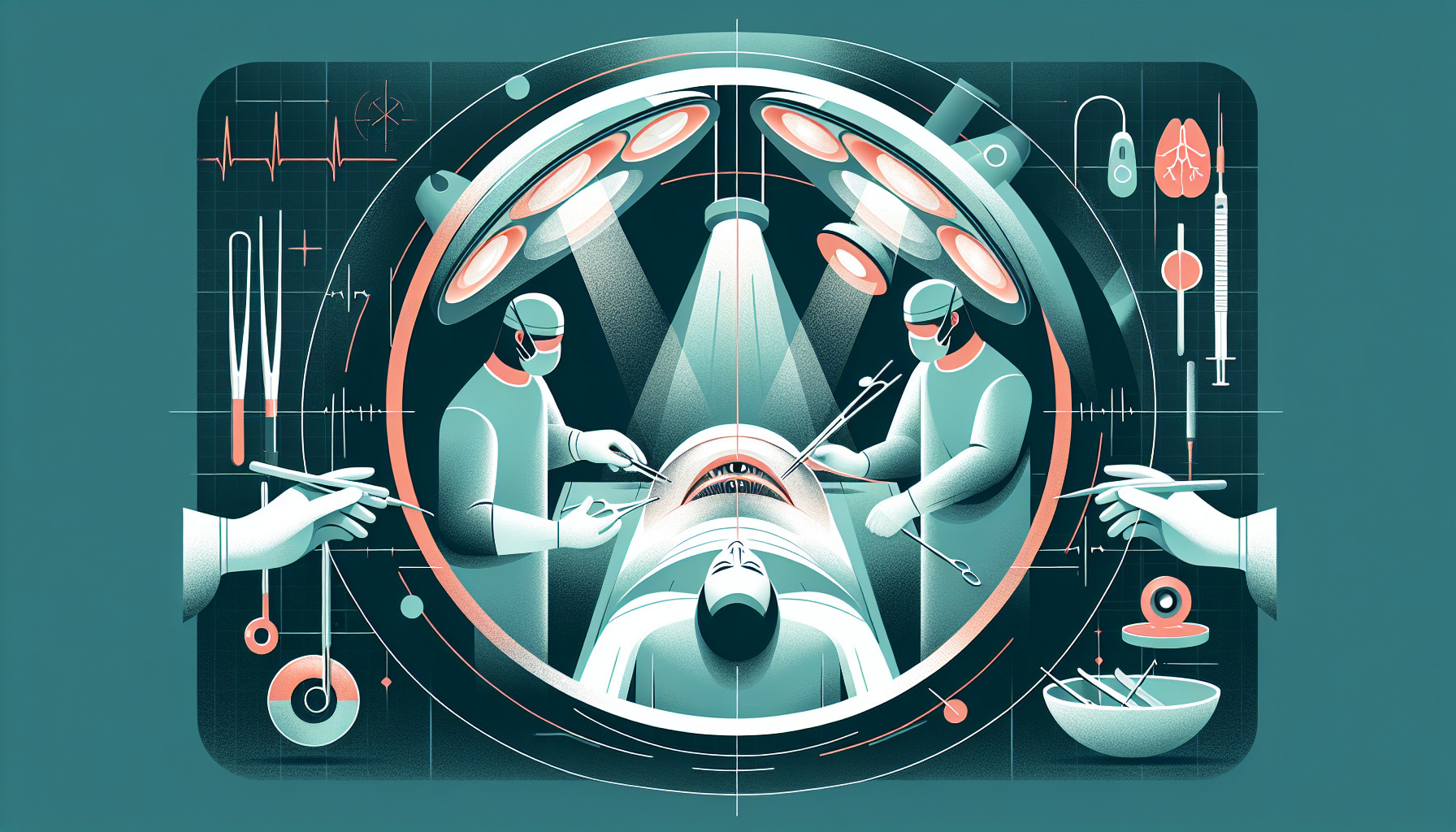Our Summary
This research paper looks at the effectiveness of performing cataract surgery as a day procedure versus an in-patient procedure. Cataracts, a common age-related vision problem, cause more than 40% of cases of blindness worldwide, particularly in lower-income countries. The researchers reviewed data from various sources and included two trials in their study, one conducted in the USA in 1981 and one in Spain in 2001. The results showed that the improvement in visual acuity (clarity of vision) four months after surgery was similar for patients who had day surgery and those who stayed in the hospital. However, the risk of high intraocular pressure (pressure inside the eye) was greater for day surgery patients on the first day after surgery, but not at four months. The day surgery also cost 20% less than in-patient surgery due to savings on overnight stays. The researchers conclude that day surgery for cataracts can be cost-effective, but more research is needed to better understand postoperative complications. The paper also suggests that using clinical databases could help healthcare providers better allocate resources between day and in-patient surgeries.
FAQs
- Is the improvement in visual acuity similar for day surgery and in-patient surgery for cataracts?
- Does day surgery for cataracts cost less than in-patient surgery?
- Is there an increased risk of high intraocular pressure for patients who opt for day surgery for cataracts?
Doctor’s Tip
A helpful tip a doctor might tell a patient about cataract surgery is to follow all pre-operative instructions provided by the surgeon, such as avoiding eating or drinking before the procedure. Additionally, they may advise the patient to have someone available to drive them home after surgery, as their vision may be temporarily impaired. It is also important for the patient to attend all follow-up appointments and diligently follow post-operative care instructions to ensure a successful recovery.
Suitable For
Patients who are typically recommended cataract surgery include those who are experiencing symptoms such as blurred vision, difficulty seeing at night, sensitivity to light, seeing halos around lights, and colors appearing faded. Cataract surgery is often recommended when these symptoms begin to interfere with daily activities and quality of life.
Additionally, patients with cataracts that are causing significant vision impairment, affecting their ability to perform tasks such as driving, reading, or watching television, are also good candidates for surgery. Patients with cataracts that are impacting their ability to perform their job or engage in hobbies may also be recommended for surgery.
Overall, the decision to undergo cataract surgery is typically made on a case-by-case basis in consultation with an ophthalmologist. The severity of the cataracts, the impact on the patient’s vision and daily activities, and the patient’s overall health and readiness for surgery are all factors that are taken into consideration when recommending cataract surgery.
Timeline
- Before cataract surgery:
- Patient notices symptoms of blurry vision, glare, and difficulty seeing at night.
- Patient visits an ophthalmologist for a comprehensive eye exam and diagnosis of cataracts.
- Ophthalmologist discusses treatment options, including cataract surgery, with the patient.
- Patient undergoes preoperative tests and evaluations to ensure they are a suitable candidate for surgery.
- After cataract surgery:
- Patient arrives at the surgical facility on the day of surgery and undergoes the procedure, which typically takes less than an hour.
- Patient is monitored for a short period after surgery and then allowed to go home the same day.
- Patient may experience some discomfort, itching, or mild pain in the eye in the first few days after surgery.
- Patient is prescribed eye drops to prevent infection and aid in healing.
- Patient follows postoperative instructions, including avoiding strenuous activities and wearing an eye shield at night.
- Patient attends follow-up appointments with the ophthalmologist to monitor healing and visual acuity.
- Over the following weeks and months, the patient’s vision gradually improves as the eye heals and the cataract is replaced with a clear artificial lens.
- Patient may need a new prescription for glasses to optimize vision after surgery.
What to Ask Your Doctor
- What are the risks and potential complications associated with cataract surgery?
- What is the success rate of cataract surgery in terms of improving vision?
- What type of anesthesia will be used during the surgery?
- How long is the recovery period and what activities should be avoided during this time?
- Will I need to wear glasses or contact lenses after the surgery?
- How many cataract surgeries has the doctor performed and what is their success rate?
- What is the expected outcome of the surgery in terms of vision improvement?
- Are there any alternative treatments or procedures that could be considered instead of cataract surgery?
- How long will the effects of the surgery last and will I need additional treatments in the future?
- What is the cost of cataract surgery and will it be covered by insurance?
Reference
Authors: Lawrence D, Fedorowicz Z, van Zuuren EJ. Journal: Cochrane Database Syst Rev. 2015 Nov 2;2015(11):CD004242. doi: 10.1002/14651858.CD004242.pub5. PMID: 26524611
